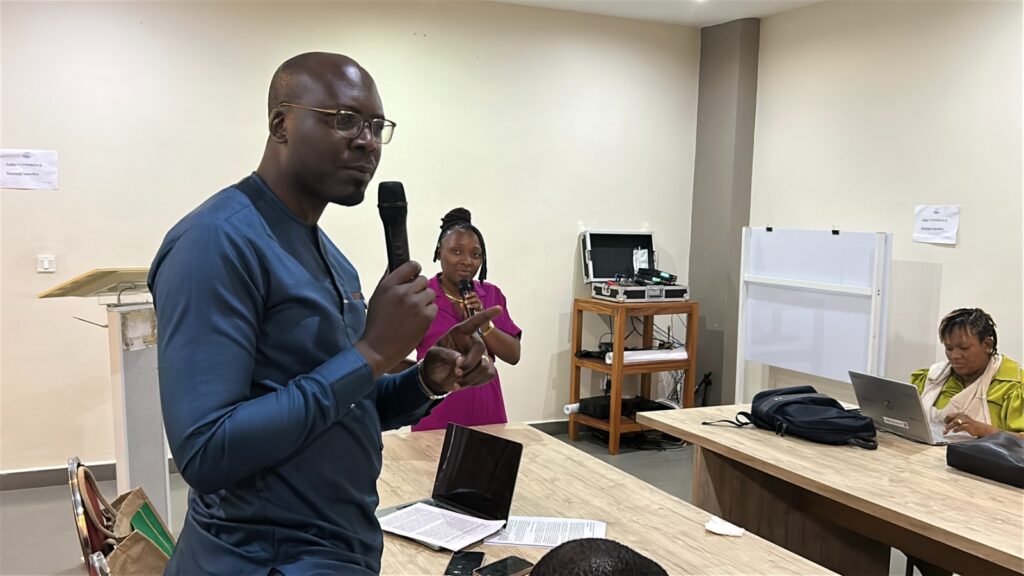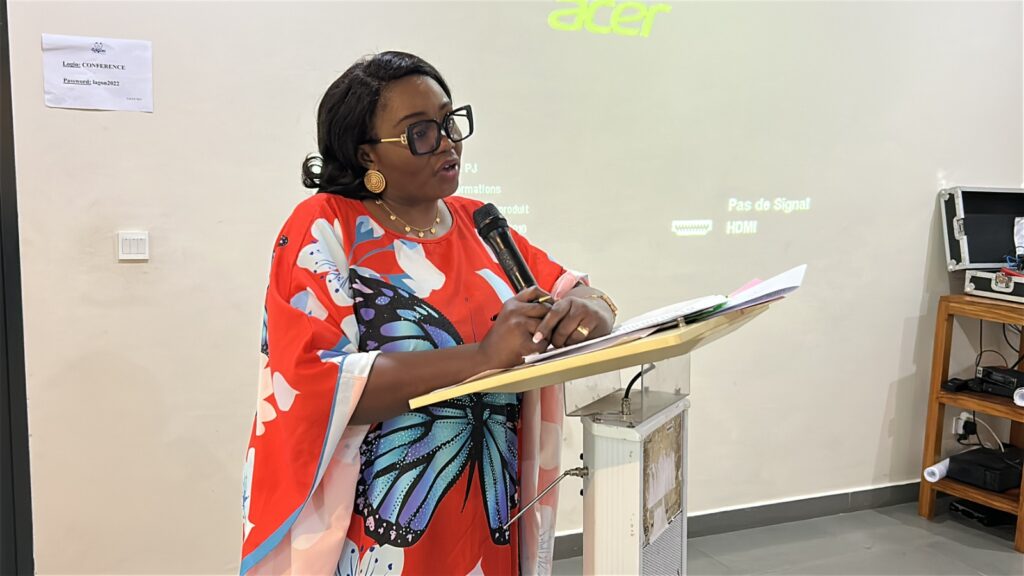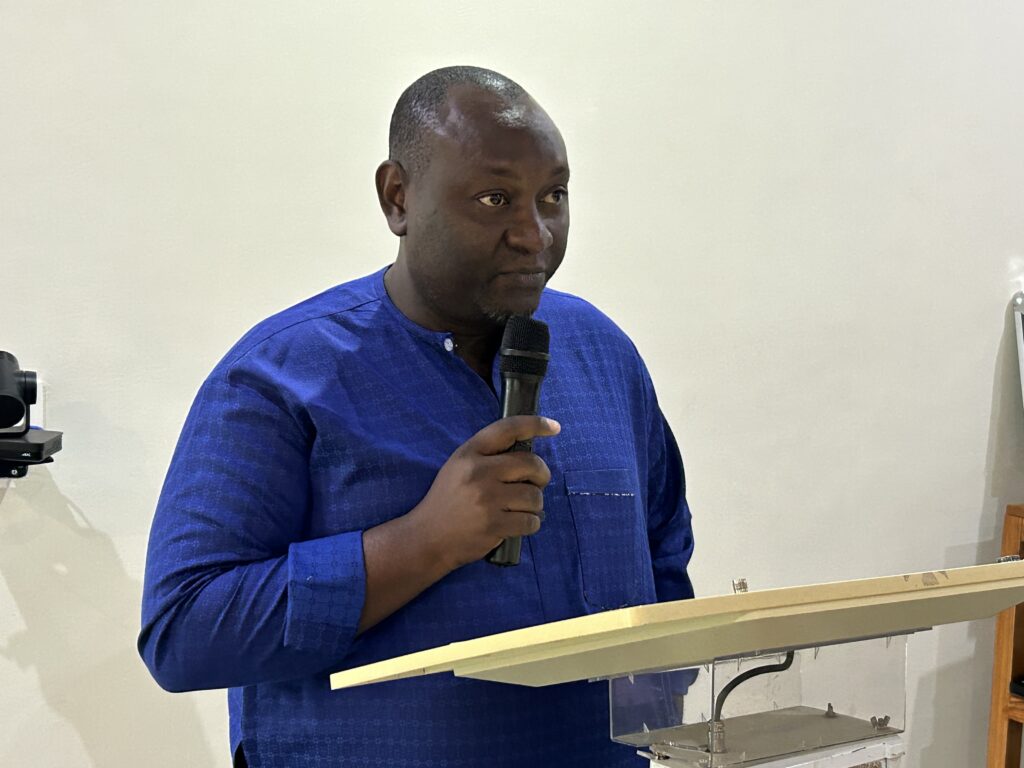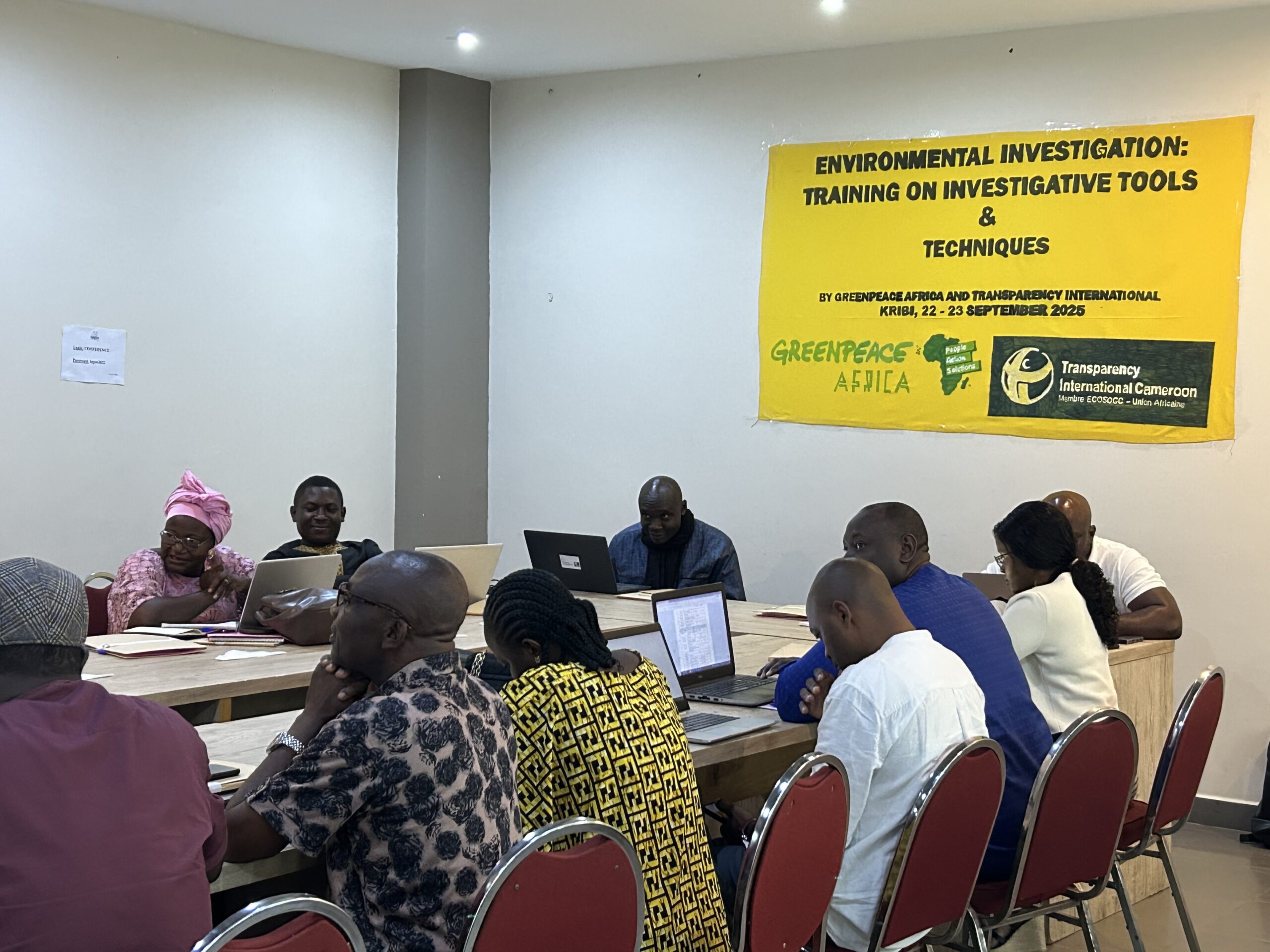By Leocadia Bongben
Widespread deforestation, illicit logging, wood trafficking, harvesting of protected species, and unregulated mining are examples of environmental crimes in the Congo Basin that are frequently carried out by highly organized transnational criminal networks.
The critical forest ecology is deteriorated by these illicit operations, endangering the livelihoods of millions of people, especially Indigenous communities, and accelerating climate change.
Up to 30% of the world’s timber trade is derived from illicit logging, and up to 90% in tropical regions, including Central Africa, according to Interpol. Between $51 billion and $152 billion in unlawful revenues are generated globally each year as a result of this environmental crime, impacting various regions, including the Congo Basin in Central Africa, home to the world’s second-largest tropical rainforest.
Specifically, in Cameroon, following a 10-month monitoring of illegal activities around Mouloundou in the East region, between September 2024 and June 2025, 11,599 wood species and 837,692 m³ of fuel were seized. Also, 10 camps belonging to poachers were destroyed, while two Russian-made hunting rifles, 21 bullets, and 4.5 rolls of cable were confiscated from poachers. Over 40 suspects (including 22 poachers and 19 illegal loggers) were arrested and arraigned before competent authorities, according to WWF.
Notwithstanding, “Governments believe that natural resources, like the forests, are limitless,” according to Stella Tchoukep, GPAF Forest Campaigner, who maintains that, as a result, they do not care about the illegalities. She says the rights of local communities (indigenous peoples) are under pressure, individual interests are being promoted at the expense of group interests, corruption, poor governance, and local populations are becoming poorer.
What can be the role of investigative journalists in the face of these environmental crimes and irregularities in the forestry sector, climate financing, and forest governance? It is against this backdrop that Greenpeace Africa-Cameroon and Transparency International Cameroon, TI-C, organized a two-day training to equip journalists with tools and techniques of investigating the forestry sector in the seaside town of Kribi from September 22-24.
The training was organized under the rationale that investigative journalists can unearth hidden information and irregularities. “Information is power, and the right information is even more powerful. TI-C and GPAF cannot work alone, but in collaboration with stakeholders like investigative journalists,” Malvin Tankoh, Greenpeace Africa, Cameroon country Director, stated.

On the occasion, Dr Lamfu Fabrice, Greenpeace Africa Forest Campaigner, guided Journalists to use tools like Google Earth to locate, for example, the Kribi Deep Seaport, where they went for practical reporting in the field. They took pictures of the markings on the logs in an attempt to identify the origin of the wood. For tools that require subscription payment, such as Panjiva, journalists can send their requests to Lamfu.
Besides the tools, the journalists need to master the law governing the forestry sector. When it comes to the repression of illegal forest exploitation, Barbara Ndema, a magistrate in Monatélé, says there are essentially two decrees in July and August 1995 from the Prime Minister’s office, organizing the regime of forests in Cameroon, and the law of January 1984, revised last year, on 24 July 2024. “As investigative journalists concerned with climate justice, if you let the perpetrators continue their activities, protected species and the local communities are in danger. You are one of the essential links in the fight against illegal exploitation of forests”, Ndema said.

She maintained that despite the gravity of practices, sanctions are less severe. Even when robbed of hectares of forest, the offender will only be sanctioned as the little guy who stole from a market.
For his part, Claude Hebdo, TI-C coordinator, identified steps in tracing wood from the forest because wood parks are areas of ‘wood washing,’ as some are given a different identity from where they are cut. He maintained that integrity, corruption, and influence peddling are among the irregularities in the forestry sector.
The next step includes pitching investigative story ideas that would be funded under the TI-C project- Open Governance and Integrity in Climate Change in Cameroon, OGICC.


